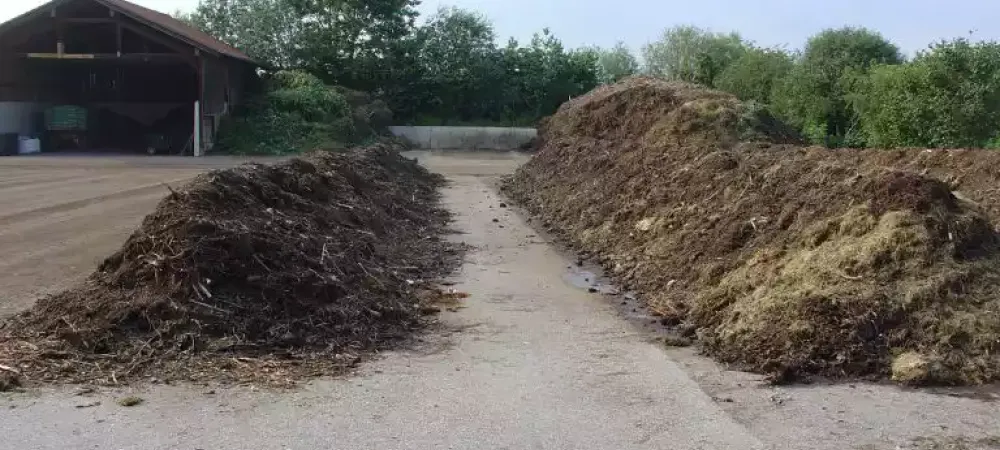Can You Use Wood Ash in Compost?

If you’ve ever asked yourself, “Should I put ashes in my garden?”—you’re not alone. It’s a common question among home gardeners, especially those who use a wood-burning fireplace or fire pit. While wood ash can offer some real benefits to your soil, it’s important to know how to use it safely and effectively.
Here’s what you need to know before adding wood ash to your compost or garden beds.
Should I Add Wood Ash to My Garden or Compost?
In short: yes, but with caution. Wood ash can be a great addition to your compost pile or garden, but how and where you use it matters. Here’s why it can be helpful:
- It’s a natural source of lime and potassium, both of which help support plant health.
- It contains trace elements that many plants need to thrive.
- It can help balance acidic soil by raising the pH.
However, using too much wood ash at once—or applying it incorrectly—can harm your plants. That’s because when it gets wet, ash can form lye and salts, which may burn roots or disrupt soil chemistry if concentrated in one spot.
Bonus Benefit: Wood Ash for Pest Control
Wood ash isn’t just good for soil nutrients—it can help manage certain pests too. Here’s how to use it:
- Sprinkle dry wood ash around the base of plants being attacked by slugs or soft-bodied insects.
- Avoid applying it on wet days, since moisture will wash away the salts that deter pests.
- Reapply after rain to maintain effectiveness.
How to Safely Use Wood Ash in Your Compost or Soil
If you want to get the benefits of wood ash without harming your lawn or garden, here’s how you can do it:
- Use it sparingly: Lightly scatter wood ash on compost or mix it into the top layer of soil. Avoid dumping large amounts in one place.
- Compost it first: Add ash to your compost pile gradually. Composting helps leach out salts and lye before they reach your plants.
- Use hardwood ash over softwood: Ash from hardwoods (like oak or maple) is more nutrient-rich than ash from softwoods (like pine or fir).
When Not to Use Wood Ash
Wood ash changes soil pH, so avoid using it around acid-loving plants. These include:
- Azaleas
- Blueberries
- Rhododendrons
- Gardenias
These plants thrive in more acidic soil, and applying wood ash can harm their root systems or stunt their growth.
The Bottom Line on Using Wood Ash in Your Garden
Wood ash can be a beneficial addition to your compost or soil when used correctly, but like any amendment, moderation is key. Composting ash first is the safest approach to avoid salt buildup and pH issues. Avoid using it around acid-loving plants, and always apply it with care.
If you’re not sure what your lawn or soil needs, Grasshopper can help. Our team offers expert fertilization services tailored to your lawn's unique conditions, so you don’t have to guess what works best. From balancing pH to strengthening your grassroots, we’ll help your lawn thrive all season long.
